Posted on 8/15/2023
Brakes play a crucial role in keeping you and your passengers safe on the road; thankfully, brakes are durable and capable of lasting tens of thousands of miles. However, there are many things you can do to make them last even longer. From simple maintenance tasks to smart driving habits, here’s some practical advice that can make a real difference in preserving your brakes and saving you money in the long run! Take it Slow Driving at high speeds can cause a lot of unnecessary wear and tear on your brakes. If you’re driving fast and need to stop, the friction and heat generated can quickly deteriorate your brake pads—and in some cases, it can even warp your rotors. To prevent this, it’s best to drive at lower speeds, especially in heavy traffic, and avoid sudden braking. Not only is this safer, but it reduces the strain on your brakes when you need to come to a stop. Allowing your car to coast and naturally decelerate before applying the brakes can also help m ... read more
Posted on 7/24/2023
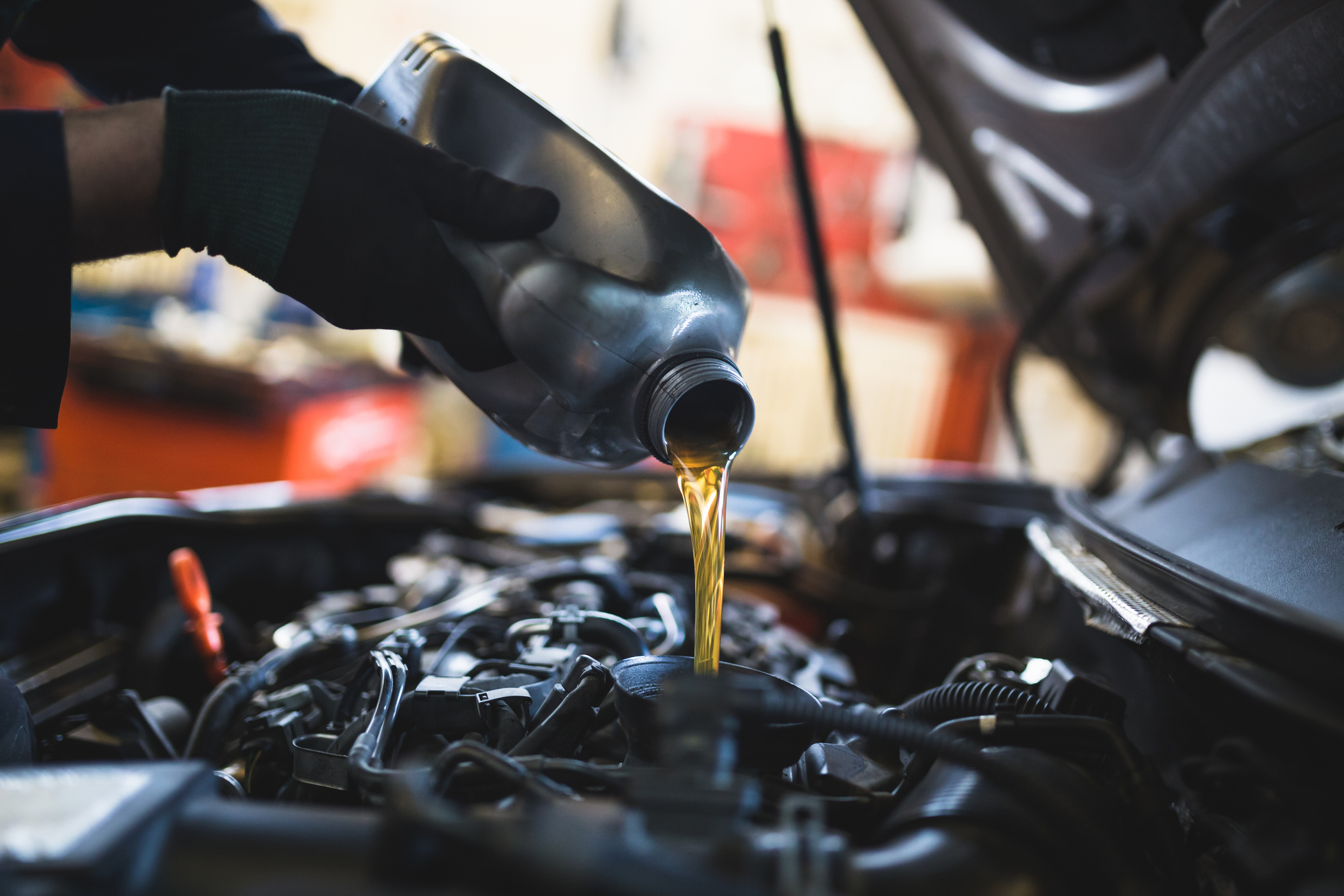
Choosing the right type of motor oil for your vehicle is crucial to ensure optimal engine performance and longevity. Although synthetic oil is often regarded as superior, conventional oil continues to be a popular choice due to its affordability and availability. But which one is best for your car. Conventional Oil and Its Advantages Conventional oil, which is made from refined crude oil, has been a primary lubricant for internal combustion engines since the late 1800s. It costs less than synthetic oil and is widely available, which is why it’s an attractive option, especially for older or worn-out engines. Conventional oil has a slightly slower flow that provides additional lubrication over time, which reduces the risk of gear-grinding in older engines. For brand-new cars that come with manufacturer-specific break-in oil, sticking with conventional oil initially allows the engine to continue running on the same lubricant it was built with. Disadvantages of Conventional Oil W ... read more
Posted on 7/10/2023
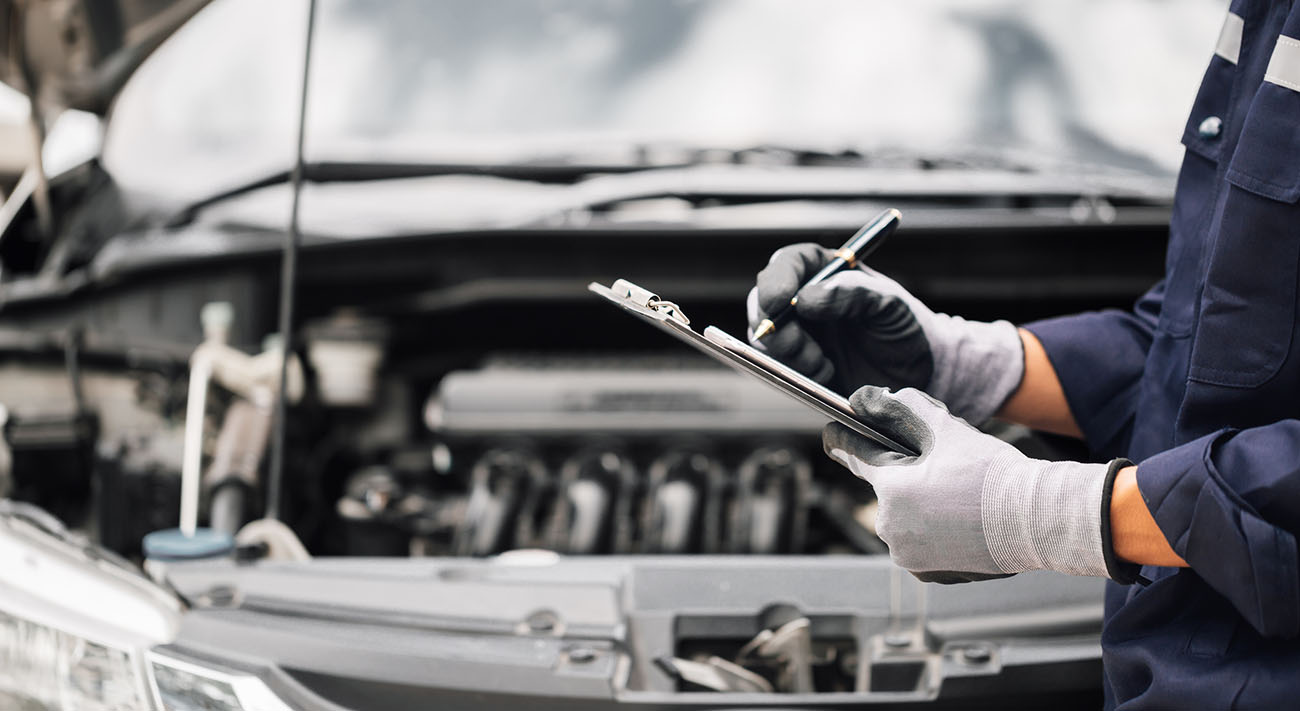
A common question many drivers have is “What’s included in a standard tune-up?” Unfortunately, there’s no universal definition of a “standard tune-up” because every auto shop has its own range of services are offered with this type of maintenance. In addition, manufacturers provide recommendations for tune-ups, so even at the same shop, your car’s tune-up may be very different than another vehicle’s. However, one thing remains the same across the board: tune-ups are a type of preventive maintenance that focuses on enhancing your engine’s performance. Typical Services Included in Tune-Ups There are various services that may be performed during a tune-up, including: Engine diagnostics Ignition system check Replacing spark plugs, spark plug wires, or coil boots Adjusting the ignition timing Throttle body cleaning Fuel system cleaning Engine air filter replacement Fuel filter r ... read more
Posted on 6/16/2023
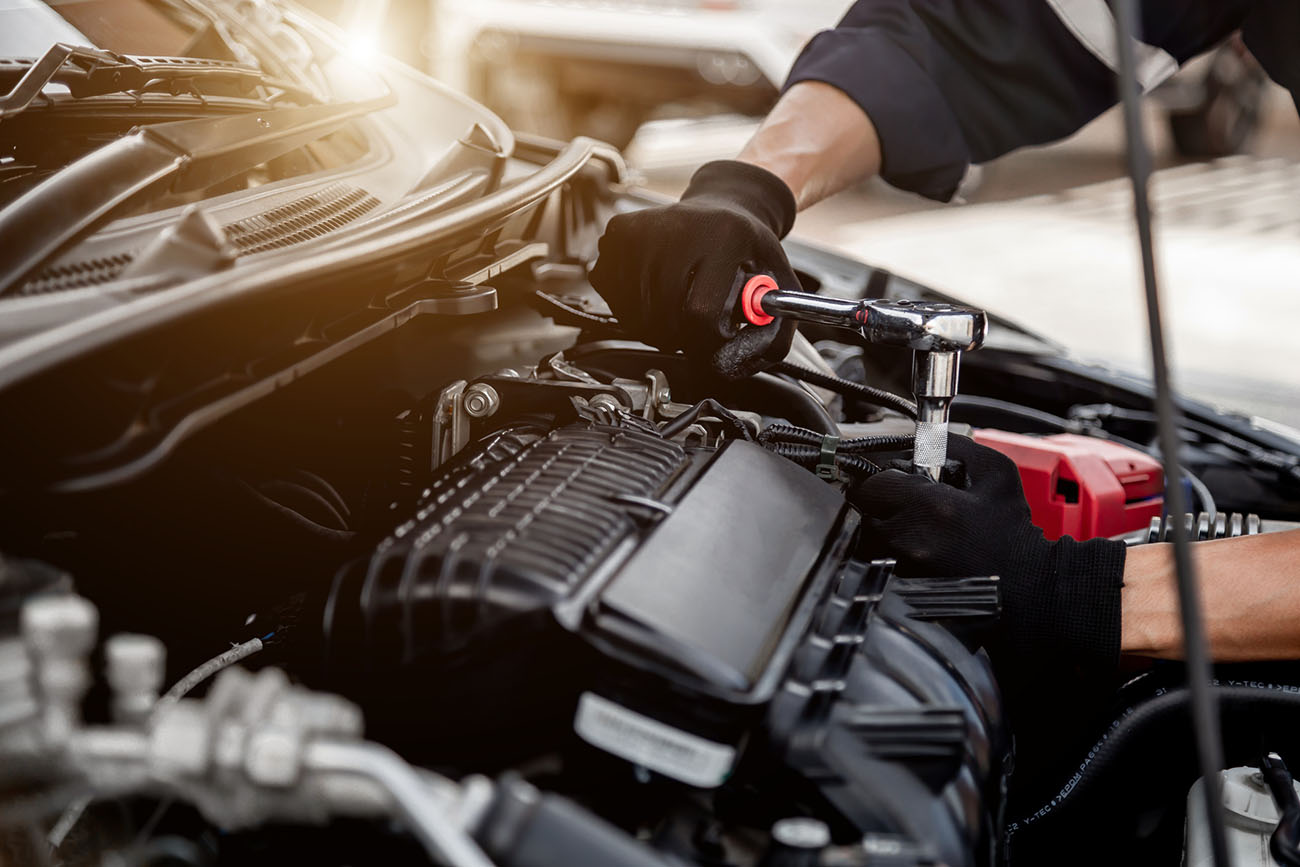
Fluid leaks are often one of the first signs of car trouble. Left unaddressed for too long, fluid leaks can lead to serious problems ranging from braking and steering issues to total engine failure—which is why leaks should always be repaired as soon as possible. Knowing how to identify a fluid leak and the type of fluid that’s leaking is a useful skill for any driver. To help you do this, we’ve compiled a list of some of the most common and important fluids you might encounter and how to tell which is which. How to Identify Automotive Fluids The easiest way to identify which type of fluid is leaking from your vehicle is to look at the color and consistency of the fluid. Red Fluid There are two types of red fluids that are commonly used in vehicles: automatic transmission fluid and power steering fluid. However, some vehicles use automatic transmission fluid instead of power steering fluid for their power steering systems. Fresh power steering fluid starts off re ... read more
Posted on 6/5/2023
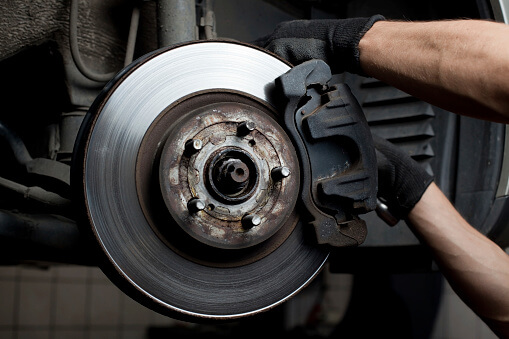
When it comes to unusual sounds vehicle sounds, few are as alarming as brake noises. As one of the most important safety features of your vehicle, your brakes are one of the last things you want to be worried about while you're driving down the road! But the good news is that not all brake noises are signs of trouble. In fact, some of them are completely normal. To help you distinguish between the harmless and the hazardous, we've compiled some of the most common brake noises you might hear and what they mean. By the end of this post, you'll be able to tell the difference between a harmless squeak and a warning sign that your brakes need attention. Grinding Noises When Starting Your Vehicle in the Morning Grinding noises are often a bad thing—but before you panic and start budgeting for a brake replacement, there's a chance that this sound is completely normal, especially if you park your car outside. When your car is p ... read more
Posted on 4/28/2023
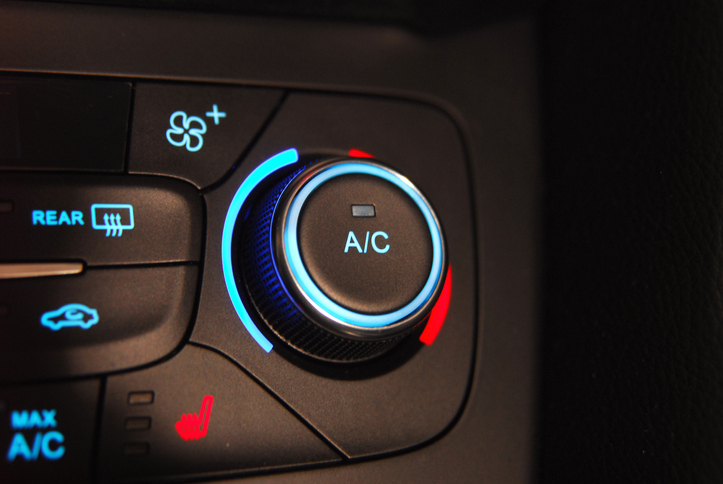
Don’t Sweat It: Get Your Auto Air Conditioner Ready for Summer Summer’s just around the corner, so this is the perfect time to ensure your car’s air conditioning system is in good working order! After months of disuse during the winter months, your AC may need some maintenance or repairs to get it ready for the warm weather ahead. A malfunctioning AC system can turn what should be a comfortable drive into a sweaty, uncomfortable ordeal; fortunately, there are some simple checks you can do at home to determine whether your system is ready to beat the heat—or needs a little attention. 5 Steps for Checking Your Auto Air Conditioning System Here are five simple steps you can take to check how well your car’s air conditioning is working: Test the settings Check that your AC fan is working properly at different speeds. Start your AC on the lowest setting ... read more
Posted on 1/5/2023
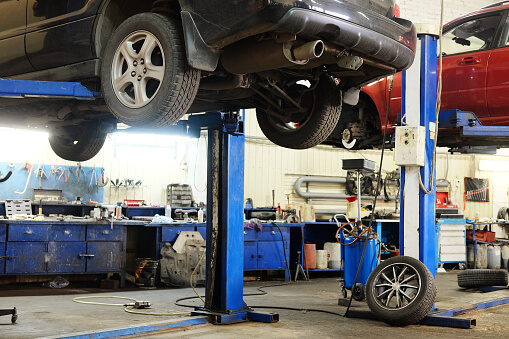
Tires are constantly “rotating” as they travel down the road, but tire rotation refers to a type of maintenance where the position of each tire is changed periodically. Although tire rotation intervals can vary based on your vehicle, they’re typically recommended about every 5,000 miles. Why Are Tire Rotations Needed? Tire rotations are necessary—and important—for several reasons. First, the front tires wear more quickly than the rear tires. This is because it’s the front wheels that do the turning, which means they’re exposed to more friction. Rotating your tires helps to spread the rate of tread wear more evenly, maximizing their road life. Fresh new tire tread tends to wear more unevenly, so it’s especially important to rotate new tires by the time they hit 5,000 miles. Another reason to rotate your tires is that it keeps the t ... read more
Posted on 12/27/2022
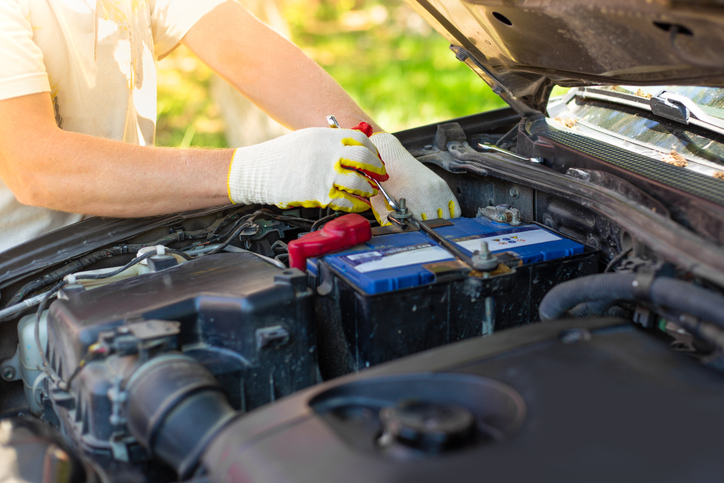
When was the last time you thought about your car battery? If you’re like most drivers, you probably don’t think about it much, unless there’s a problem. Car batteries manage a variety of tasks, from starting the engine to powering the headlights and electrical components like the onboard computer. Just like with other systems in your vehicle, regular battery maintenance is essential to keeping your vehicle running smoothly and reliably; dead or damaged batteries are one of the top reasons drivers place roadside assistance calls. How Long Do Car Batteries Last? When properly cared for, car batteries can last for five years or more, but most batteries tend to last around three years with daily use. Like other types of batteries, car batteries become less efficient every time they’re charged. If your battery is between four and five years old, it’s important to have it checked on occasion to ensure it’s still able to hold a charge.&nbs ... read more
Posted on 12/9/2022
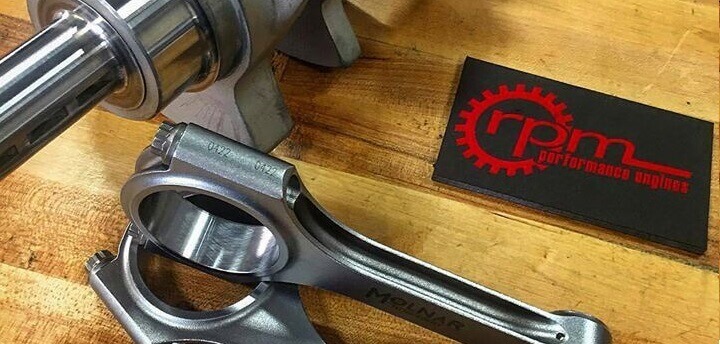
Most drivers know that regular oil changes are important to keep their cars running well, but there’s more to engine maintenance than just replacing the oil and filter. Tune-ups are another type of engine maintenance that’s essential for maximizing performance and drivability. What’s Involved in a Tune-Up? In the past, tune-ups involved manually adjusting and cleaning various engine components like the distributor cap, ignition coils, and breaker points. With today’s vehicles, these adjustments are controlled by the onboard computer—but that doesn’t mean that tune-ups aren’t still necessary. Today, a tune-up may include: - Replacing the fuel filters - Replacing the engine air filters - Replacing spark plugs or spark plug wires - Inspecting or replacing the PCV valve - Inspecting the distributor cap - Replacing the oxygen sensor - Fuel induction serv ... read more
Posted on 11/23/2022
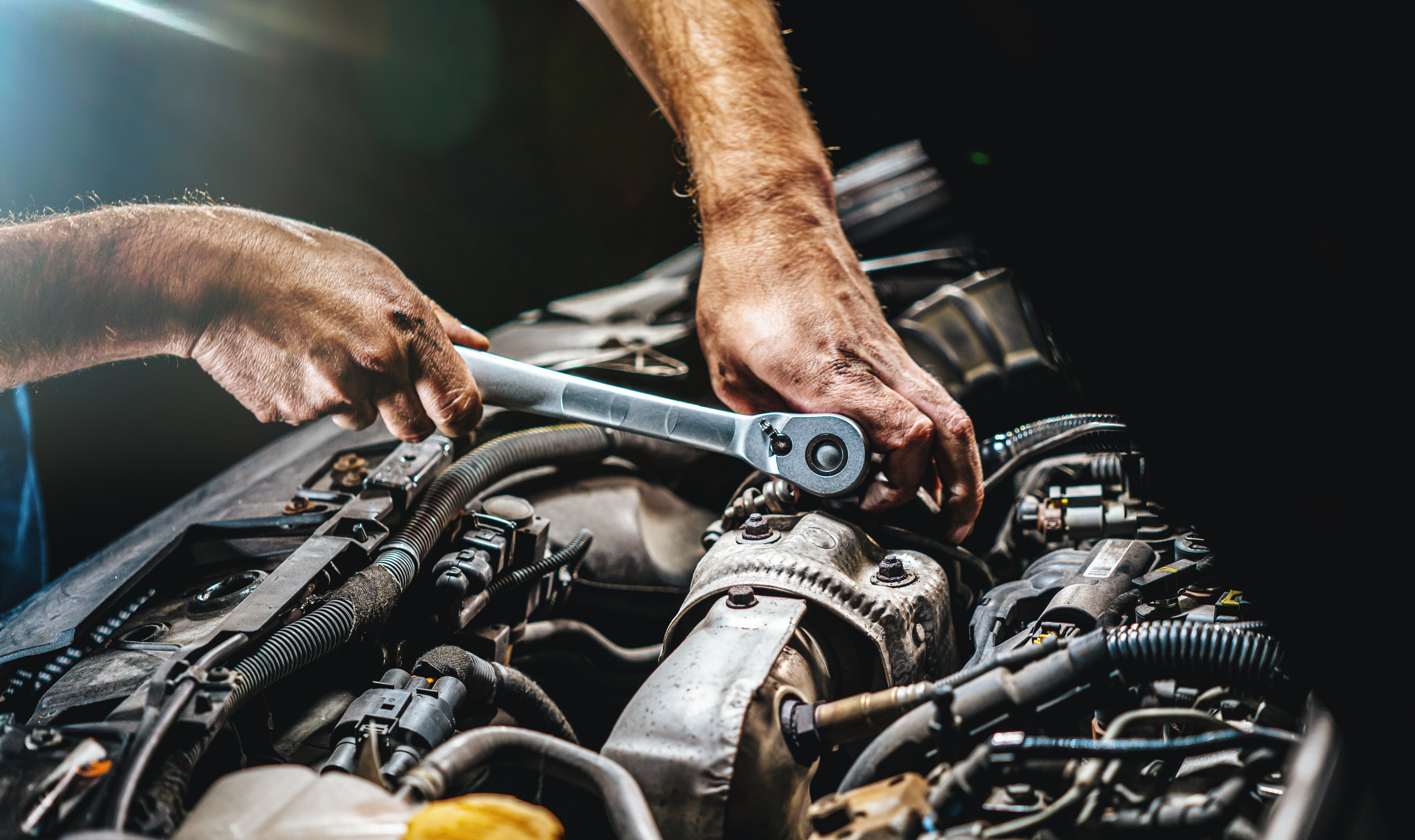
Breaking down in your vehicle is always inconvenient; fortunately, vehicles often give us warning signs that there’s a problem long before breaking down—you just need to know what to look for. If you catch a problem early enough, you can get it repaired before it leaves you stranded on the side of the road or causes a safety issue. You’ll also likely avoid a bigger, more expensive repair in the future. To help you spot signs of trouble, we’ve compiled a helpful list of warning signs to be aware of: Dashboard Warning Lights Most vehicles today are equipped with sophisticated diagnostic systems that will let you know they’ve detected something wrong with your car. Although it might be tempting to ignore warning lights, especially if your vehicle seems fine, it’s important to take them seriously. While some of the lights indicate minor issues, here are five that you should never ignore: Low engine oil pressure: this indicat ... read more